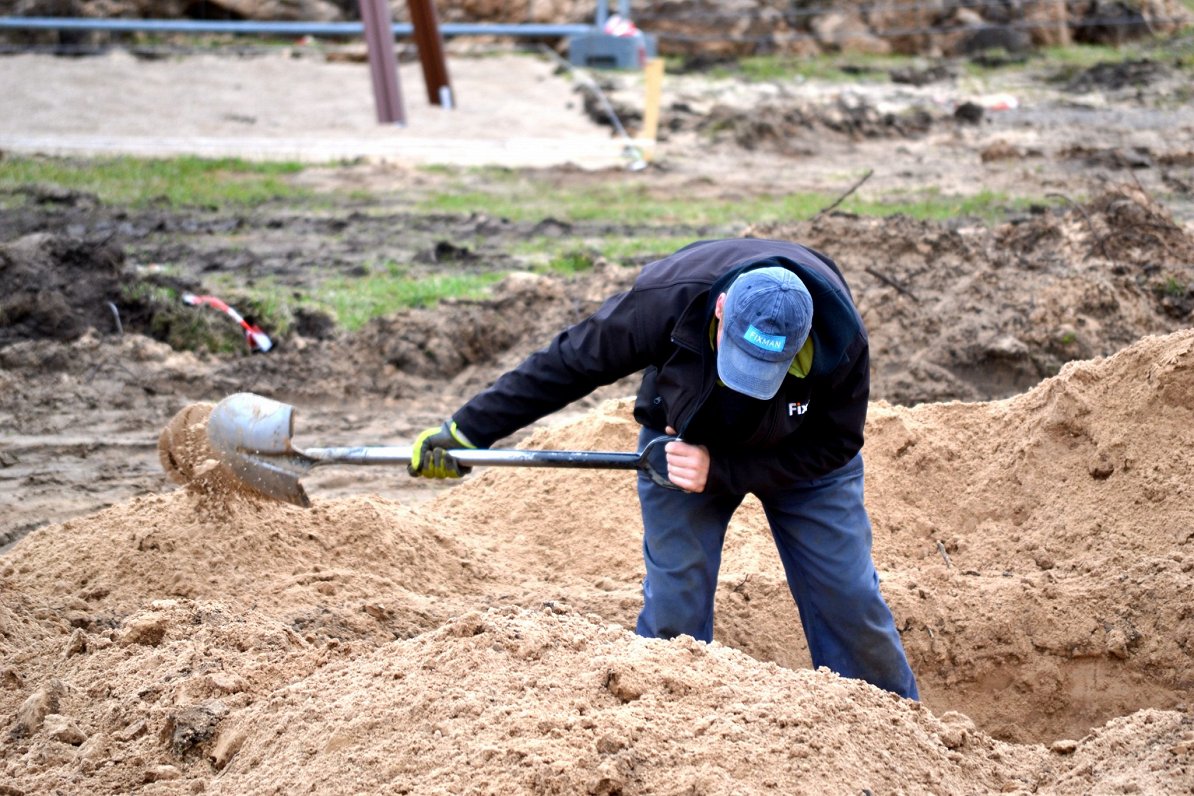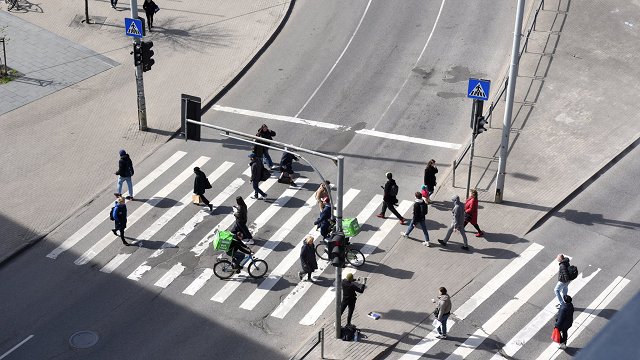Manipulation, non-payment of wages and excessive employment are the main complaints received by the State Labor Inspectorate from guest workers.
Guest workers arrive in Latvia in three ways. First, if the employer invites a guest worker and they receive a residence permit for the Office of Citizenship and Migration with the right to work in Latvia. This is the legal path. The second way that brings relatively many foreigners to Latvia is the seconded employees. Namely, they have contracts of employment in another country of the European Union and they are sent to Latvia to perform a service. The third way: employees arrive in Latvia illegally, without work permits, without employment contracts.
Baiba Puķukalne, head of the Riga Regional State Labor Inspectorate, said that over the last three years, guest workers have increasingly flowed into Latvia and the country has become the target work destination. Consequently, the number of complaints received by the State Labor Inspectorate is increasing.
Puķukalne said, guest workers often complain about unpaid wages, about manipulation. “For example, if they ask the employer to pay what the guest worker has earned, the employer will manipulate and avoid paying what they need. One of the arguments they often use is: If you insist on your rights, then I'll cancel your work permit and you can go back to your home country. And if the employer withdraws the work permit, he really has to leave and the guest worker loses any chance of getting the salary,” explained Puķukalne.
Similarly, guest workers are often working longer hours than allowed, namely not 40 hours per week, but 60 and more. Only this way can they earn the salary they were hired for.
Puķukalne said that complaints have not been limited to criminal offences until now, as is the recent case of Latgale company Adugs. Until now, there have been administrative cases.
The “Adugs” case is being investigated, so the State Labor Inspectorate cannot make further comments at the moment.
However, the total number of job permits issued to migrant workers in Latvia has fallen nearly three times this year. This year until November, more than 9,800 work permits have been issued to guest workers. Last year it was over 25,000.
Citizenship and Migration Office spokeswoman Madara Puķe said the decline was mainly affected by the COVID-19 pandemic and related travel restrictions, as well as demand changes in various sectors of the economy.
“For the last four years, the most workers have come from Georgia, Russia, Belarus and Ukraine. Nothing has changed in this respect. The most popular sectors remain construction, transport and pipeline. Construction of buildings and also the IT sector,” said Puķe .
Despite the increased unemployment rates due to the pandemic, demand for guest workers remains high.
Normunds Ozols, senior economist at the Ministry of Economics, said that the increase in unemployment is not enough to solve all labor market problems.
"It is mainly the sectors directly affected by the pandemic – the catering sector, hotels, tourism services. Often, if we need qualified specialists, such as construction, then, of course, in such a short time (two, three months), it is not possible to obtain a qualification for someone coming from the catering sector,” Ozols said.
Consequently, the problem of labor shortages in high-activity sectors remains, for example, in the construction, transport and IT sectors.





























